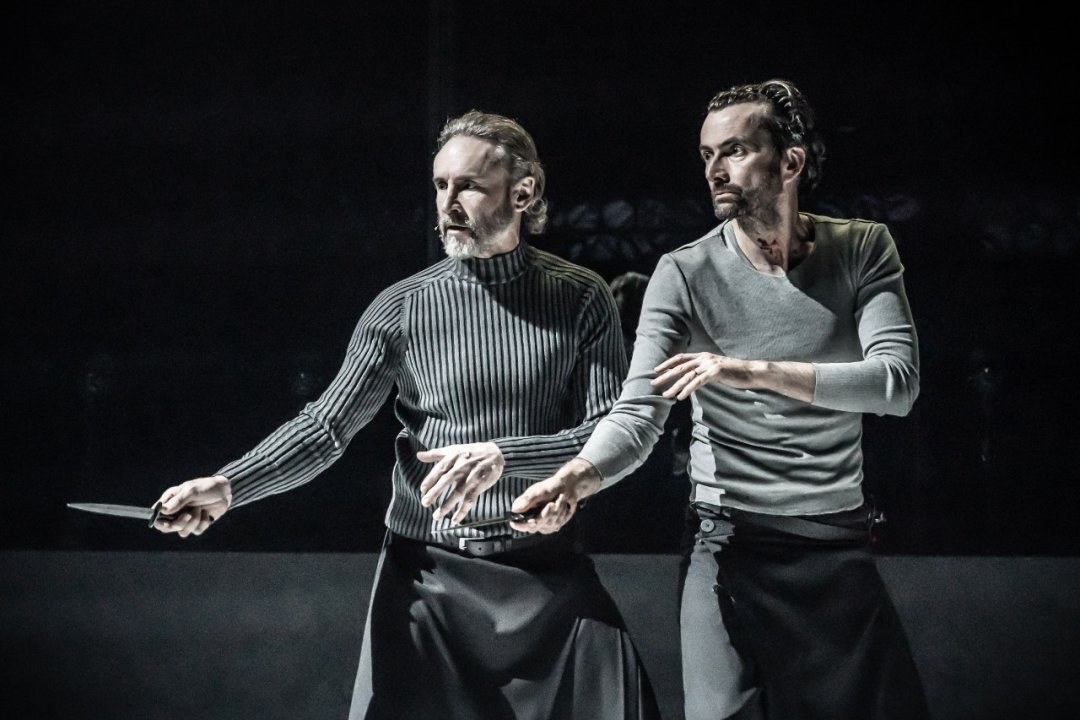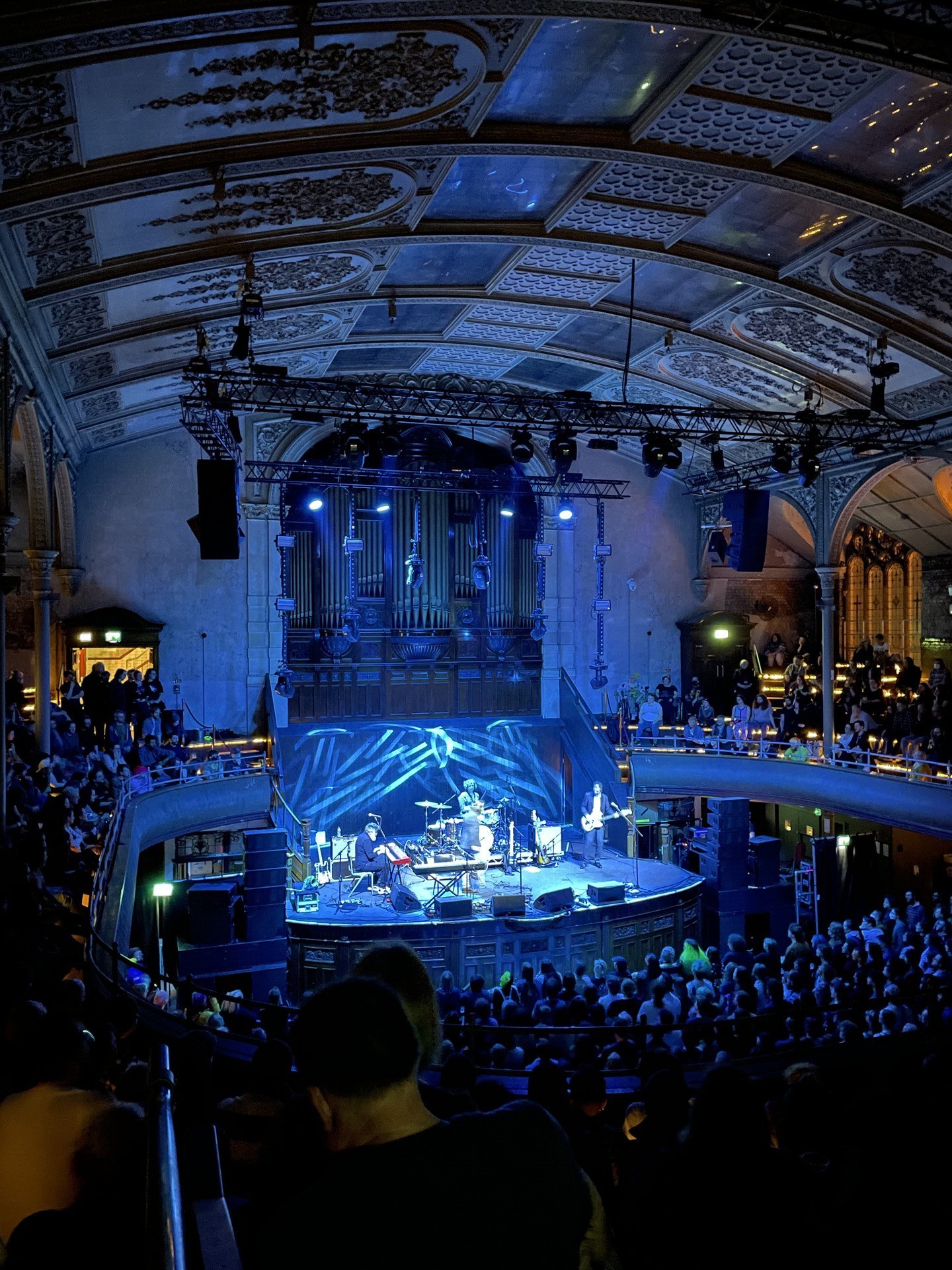Slam of the North
Out at Slam in the North (I think that’s what it was called) tonight in Durham at the Assembly Rooms. This was I think my first time going to a... poetry slam? Spoken word competition?
Fifteen people or so got up and read a poem of theirs, and then there was an interlude and they came back and read a second poem each, but in reverse order. Then a panel of three judges came up with scores and two of the universities won: Durham and Sheffield.
During the interval the three judges did some poetry. Two of the judges were so-so, and the third judge, who was from Newcastle, was much better. Is it okay to say that some poetry is so-so and that some is much better? The only way I know to talk about poetry criticism is to say that one's own is rubbish.
I felt a little bit out of place when we first arrived — most of the competitors were young women and I’m just some middle class white guy — but the space was welcoming and there was a sort of excited tension amongst the readers that drew me in. I even snapped my fingers at one point.
I’m glad that I went, and I want to go to another. Two hours of folks trying to translate their Personal Experience into language with as little filter as possible is something that I get vanishingly little of these days — but which I think is fundamental to appreciating life among people.


